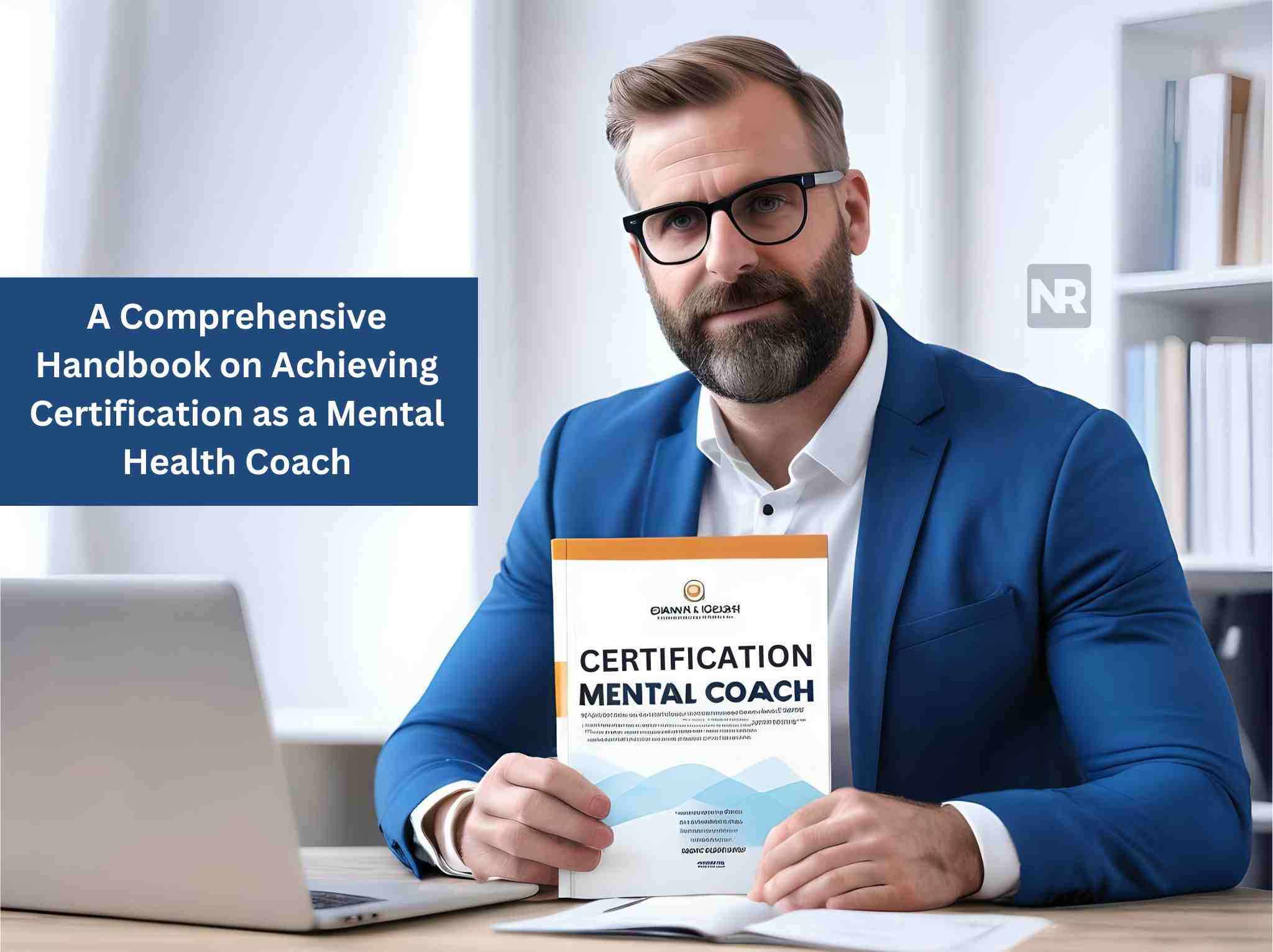
By: Admin
Dec 26, 2023
A Comprehensive Handbook On Achieving Certification As A Mental Health Coach
Embarking on the journey to become a certified mental health coach is a profoundly fulfilling endeavor that allows you to channel your empathy, understanding, and communication skills into making a positive impact. Gaining the trust of clients in matters of emotional well-being necessitates proper training from a reputable program. This guide will unravel the prerequisites, advantages, and steps to achieve certification in the realm of mental health coaching.
Unveiling the Role of a Mental Health Coach
The essence of a mental health coach lies in the one-on-one support provided to clients for their social-emotional well-being and mental health. This involves establishing strengths-based connections, setting meaningful goals, and employing solution-focused methods. Unlike therapy, coaching adopts a holistic, preventative approach, emphasizing empowerment and sustained accountability for clients to overcome obstacles independently. Certification ensures mastery of essential competencies such as active listening, effective questioning, and adept assessment of a client’s situation.
Navigating Certification Requirements and Processes
Globally recognized for establishing the highest standards in coach training, the International Coaching Federation (ICF) offers ACC and PCC credentials. Aspiring coaches aiming for these credentials need a minimum of 125 hours of coach-specific education from an ICF-accredited program. This encompasses fundamental courses in communication strategies, professional ethics, and more. Additionally, fulfilling documented experience requirements through supervised practice and showcasing coaching proficiency in an exam are essential components of the certification process.
Unlocking the Benefits of Formal Training
While some may enter the coaching domain without formal certification, the myriad advantages of formal training from reputable institutions are undeniable. Certification ensures a profound understanding of client issues, is equipped with the necessary frameworks, tools, and ongoing professional development to aid clients effectively. It signals a commitment to excellence, instilling confidence in potential clients regarding mastery of essential coaching competencies. Continuous education keeps coaches abreast of trends and research, facilitating the acquisition of specialized expertise.
Crafting Your Brand and Identifying Opportunities
Many mental health coaches choose entrepreneurship by developing their personal brand online and engaging in community outreach. Professional certification serves as an instant credibility booster and opens avenues for contract work with organizations. Coaches market their services to individuals and companies seeking workplace wellness programs. Opportunities also arise in private practices, schools, non-profits, and health clinics, where coaches become valuable resources for clients.
Prioritizing Self-Care on the Coaching Journey
Amid counseling others through challenges, empathetic coaches often overlook their own needs. Certification programs emphasize the importance of self-care, establishing clear boundaries with clients, and recognizing when to refer those with complex needs to specialists. Preventing burnout becomes a priority, with coaches scheduling time for meditation, exercise, and hobbies while surrounding themselves with a robust support system. Maintaining a positive outlook becomes as crucial for coaches as assisting clients in maintaining theirs.
Summing Up the Certification Journey
Embarking on the path to becoming a certified mental health coach is a highly rewarding career that leverages innate abilities to enhance people's lives. Dedication to quality, ongoing training, and self-care are the pillars of success in this endeavor. Through this transformative coaching process, certified mental health coaches play a pivotal role in helping individuals improve their mental well-being, confidence, and overall quality of life.
Leave a Comment
LATEST POSTS

Eyeshadow In Spanish: Embrace The Hottest Colors And Techniques

Corporette: Empowering Professional Women

Deciphering The Enigma: Unveiling The Secrets Of Iamnobody89757

The Unforgettable Styles Of Bob Mackie Fashions

0960 What Network? An Inside And Out Examination

Mother's Day In Uae: A Genuine Festival Of Parenthood
